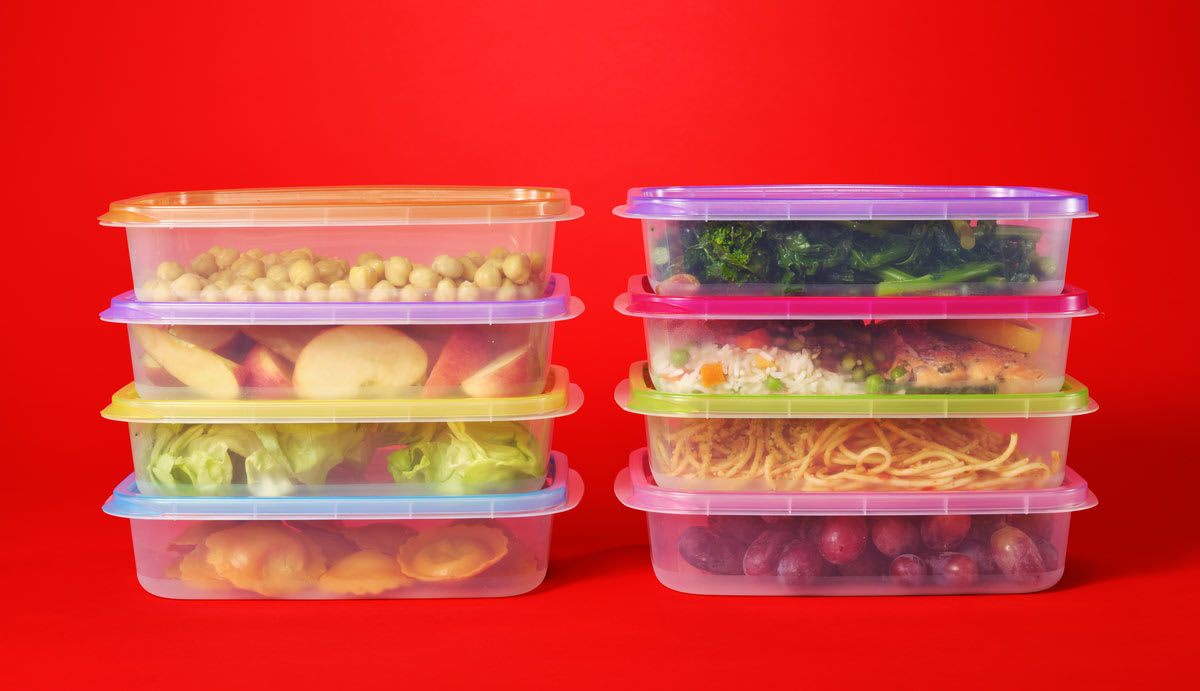Food is not the only way you’re exposed to bisphenols and phthalates, so if you want to reduce your exposure to endocrine-disrupting chemicals, you have to think broadly. Phthalates, for example, which are a viscous liquid in their raw form, are also a common ingredient in perfumes, cleansers, shampoos, and other cosmetics, and are sometimes used in flooring and furniture. Bisphenols and phthalates are also often found in household dust. Here are a few smart steps you can take.
Go fragrance-free. Soap, cosmetics, and cleaners with fragrances often use phthalates, especially DEP, as a solvent.
Open your windows. Because phthalates can be used in furniture, shower curtains, and flooring, they can accumulate in household dust, which you can then inhale. “Ventilation is important,” says Akhgar Ghassabian, MD, PhD, at the NYU Grossman School of Medicine. “And if you’re vacuuming, make sure you do that with the window open.”
Refuse paper receipts. Go for the digital ones instead; thermal paper receipts (the ones that are a little glossy) are often coated in bisphenols.
Limit your use of vinyl. Plasticizers are generally a key ingredient in vinyl products. When possible, choose alternate materials for shower curtains, flooring, car interiors, and clothing, says Amy Ziff, the founder of Made Safe, an organization that has partnered with CR to identify potentially harmful ingredients in products. She says vinyl is sometimes called “vegan leather.”
